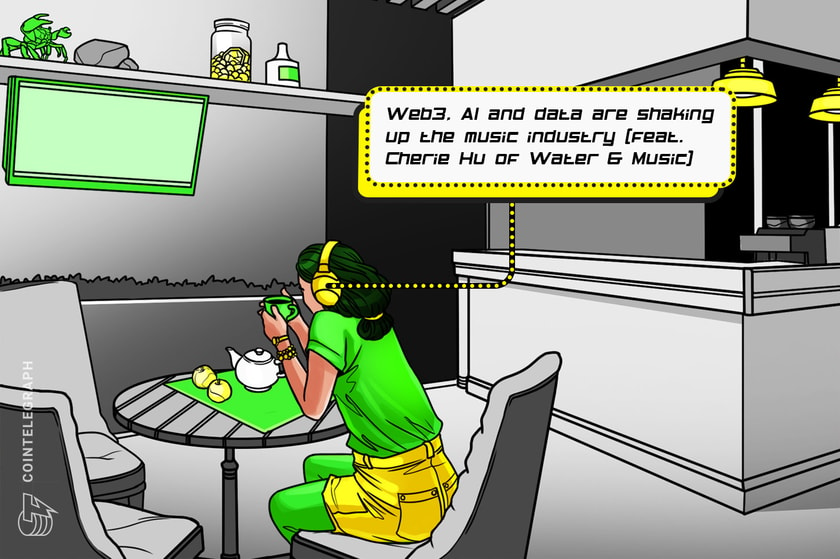Curiosity might have killed the cat, but for musicians, it’s often the launchpad of creativity and innovation. 2023 saw the rapid growth of OpenAI’s powerful ChatGPT artificial intelligence tool, and technologies like Midjourney and Dall-E have provided content creators the ability to literally become a one-man band — or a one-person production studio.
Keeping pace with the rapid evolution of technology and its impact on relevant industries can be a challenge for the average busy person, and one of the goals of Water & Music is to offer a more research-backed approach for music industry professionals to inspect, discuss and experiment with new technologies.
On Episode 19 of The Agenda podcast, hosts Ray Salmond and Jonathan DeYoung speak with Cherie Hu, the founder of Water & Music — “an independent newsletter and research community on a mission to make the music industry more innovative, cooperative, and transparent.”
Change is inevitable
When asked about what’s new in the music industry, Hu recognized that “the old music business very much was driven by a small group of gatekeepers,” and she suggested that the pandemic, new technology and perhaps even some of the ideology that backs the Web3 movement would eventually change this status quo.
“The pandemic, I think, woke a lot of people up,” Hu said. “I think it encouraged people to become a lot more proactive about speaking out about and advocating for changes that they wanted to see.” She added:
“A lot of the most critical, like deeply critical, conversations I’ve heard about streaming have come in the last three years just because, due to the pandemic, artists were put in a position where they had to essentially rely solely on digital sources of income to make ends meet without touring. And then they look at their streaming checks and are like, ‘This is this is nothing. I can’t live off of this.’ And so, there have been a lot more productive conversations around alternative models to monetizing music in a digital context. Web3, of course, has played a huge, huge role in this.”
Historically, breaking into the music industry meant artists either needed to know the right people to get picked up or be able to fund their endeavors in a way that created enough ripples to capture a wider audience. Hu believes that within the traditional music industry, “a lot of those mechanisms haven’t really changed for like the last 10, 20, even 30 years,” but she also acknowledges…
Click Here to Read the Full Original Article at Cointelegraph.com News…
